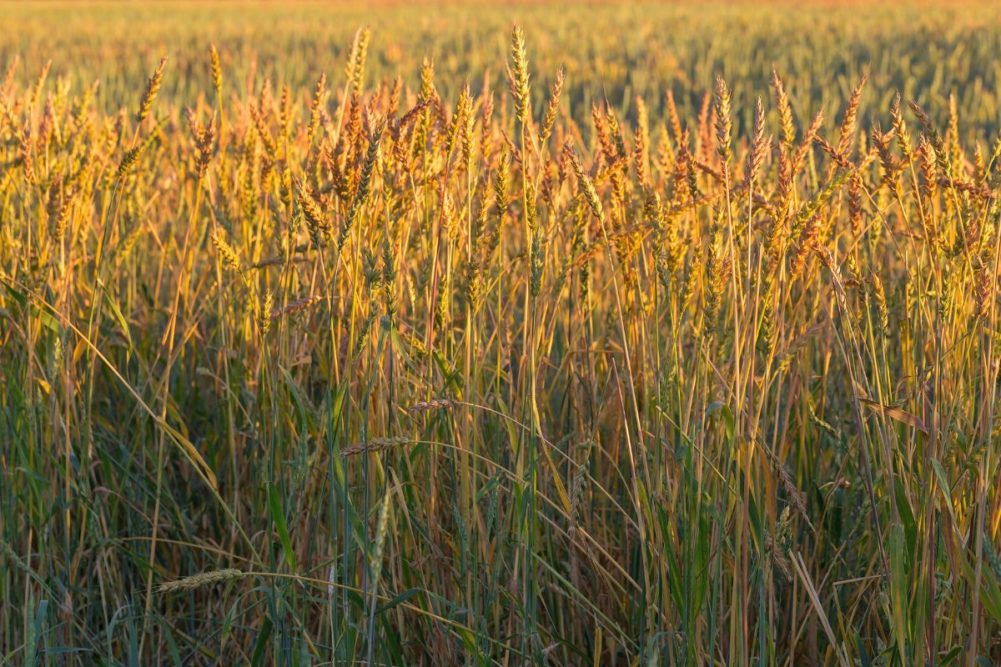RABAT, MOROCCO — Six new promising varieties of durum wheat and barley with greater drought tolerance, higher yields and important nutritional qualities have been developed from ancestral grains by researchers in Morocco after more than 10 years of work.
In a joint statement, the International Center for Agricultural Research in the Dry Areas (ICARDA), the National Institute for Agronomic Research (INRA) and the Benchaib seeds said six new varieties of durum wheat (Nachit, Jabal and Jawahir) and barley (Chiffa, Assiya and Khnata) have been developed under the DIIVA-PR project, which aims to produce cereal varieties with better drought tolerance and nutritional values.
Founded by the Crop Trust and coordinated by ICARDA, the project is part of the strategic vision of the “Generation Green plan 2020-2030” of the Moroccan Ministry of Agriculture, Maritime Fishing, Rural Development and Water and Forests. Morocco’s goal is to achieve greater food security for cereal crops by 2030, notably through strengthening the certified seed sector to offer better varieties to farmers.
These new varieties are the result of using genetic resources of ancestral grains, collected and stored in the Gene Bank of ICARDA in Rabat, the researcher partners said, adding that these ancestral grains have survived without human intervention for millennia in harsh climatic conditions.
As a result, they carry key genetic traits to create new varieties more capable of withstanding climate and weather challenges, such as drought.




